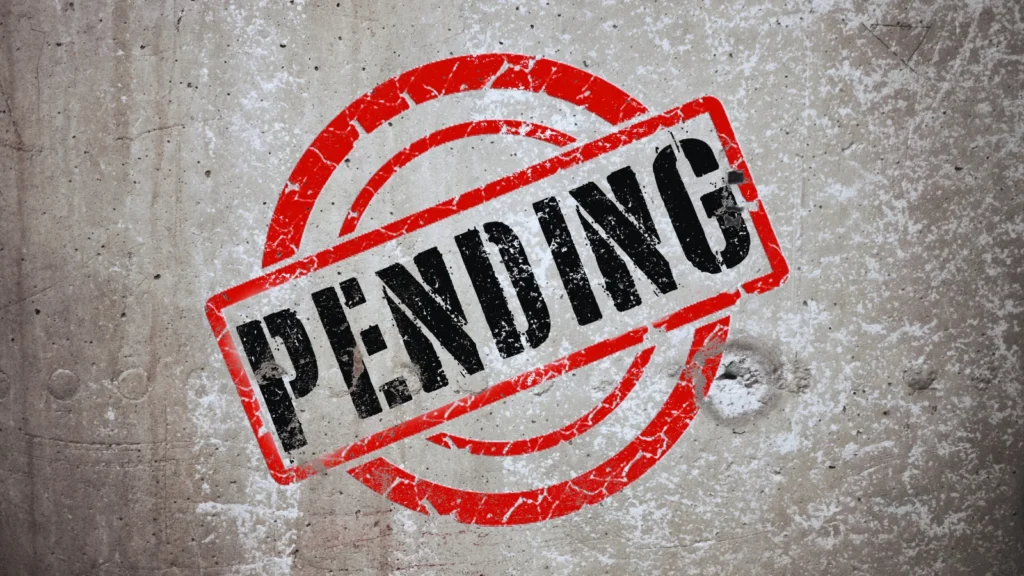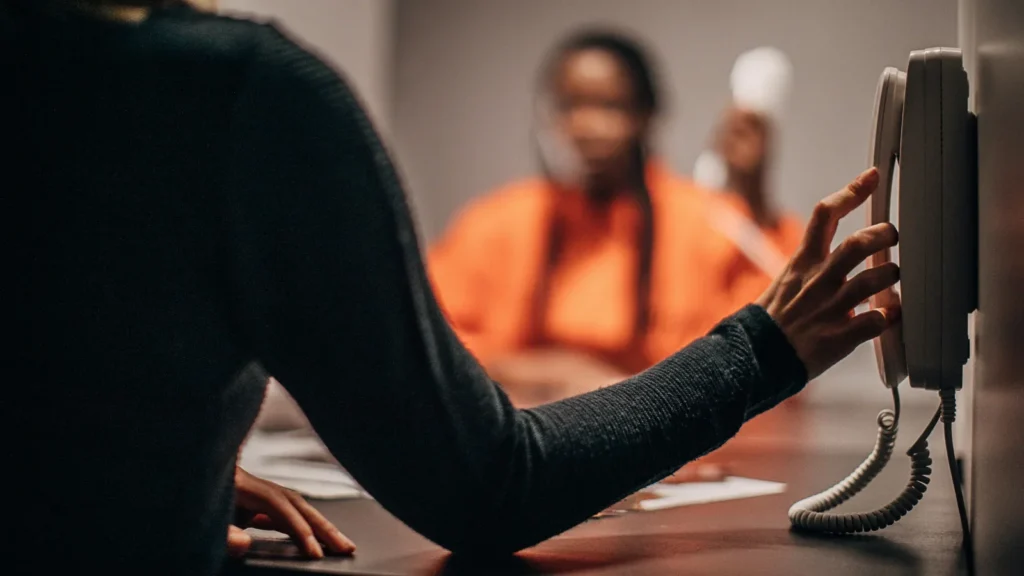The justice delivery system in India is one of the oldest pillars of our democracy, designed to ensure fairness, uphold the rule of law, and protect the rights of citizens. Yet, it faces numerous hurdles, many of which are deeply rooted in systemic inefficiencies. For law students, understanding these challenges is not just academic—it’s about preparing to be a part of the solution.
Here are ten critical emerging challenges in justice delivery system, revealed as stark realities that demand immediate attention:
1. Delays in Justice: A Justice Deferred Is Justice Denied

The backlog of cases in India is alarming—over 40 million cases are pending across all courts. High Courts alone saw pendency grow from 3.4 million to 4 million in a decade, while Trial Courts have nearly 29 million pending cases. Each judge handles an average of 2,000 cases annually, making justice delivery slow and ineffective.
A simple civil dispute can stretch over decades, often leaving parties with unresolved grievances for generations. As law students at SMS Law College, you should advocate for alternative dispute resolution (ADR) methods like mediation and arbitration. You can also educate clients on time-efficient mechanisms and push for case management techniques in courts.
2. High Cost of Litigation: Justice Only for the Privileged?
Litigation in India is expensive. Legal fees, coupled with indirect costs like lost wages and prolonged uncertainty, make justice inaccessible to the economically weaker sections.
Over 25% of India’s population lives below the poverty line, and they often cannot afford legal representation.
We encourage our students to offer pro bono services during internships and join legal aid societies to assist those who can’t afford justice. This can help you understand financial constraints and find innovative, cost-effective legal solutions.
3. Overcrowded Prisons: Justice Suffocates Behind Bars

Two-thirds of India’s prisoners are undertrials, with many awaiting trial for over five years. Over 300,000 undertrials languish in jails, living in inhumane conditions without knowing their fate. Some lose their families, jobs, and peace of mind, only to be acquitted after prolonged incarceration.
As BA LLB students, you can specialise in criminal law to address these emerging challenges in justice delivery system. Advocate for faster trials, and raise awareness about plea bargaining and bail provisions to make a meaningful impact.
4. Inadequate Judge Strength: A Judge for Every Million?
India has 18 judges per million people, compared to 50–110 judges per million in developed nations. The actual strength is lower as courts operate with only 75% of their sanctioned capacity. The judge-to-population ratio makes justice delivery unsustainable, leading to mounting pendency and rushed judgments.
There’s a glaring need to campaign for judicial reforms and advocate for increasing judicial appointments. As law students, you may choose to focus on judicial administration as a career option to strengthen the system.
5. Lack of ADR Utilisation: Stuck in the Courtroom
While developed nations resolve 85–90% of cases through ADR, India lags far behind at just 10–15%. Litigants, lawyers, and judges remain sceptical of ADR, fearing it undermines the judicial process.
It’s time we realise that millions of cases could be settled amicably outside the courts, but outdated mindsets block progress.
You can choose to become an ADR specialist and drive its adoption. As a law college, we often host awareness workshops for clients, bar associations, and law schools.
6. Erosion of Judicial Credibility: A Broken Trust

Public confidence in the judiciary is waning due to delays, corruption allegations, and inconsistent judgments. 50% of undertrials eventually walk free due to weak evidence or procedural errors, raising questions about the efficacy of the system. When trust fades, citizens often resort to extra-legal measures, further undermining the rule of law.
At SMS Law College, we constantly encourage our students to uphold ethical practices as future lawyers. We nurture lawyers who stand against corruption, advocate transparency, and always prioritise justice over personal gain.
7. Technological Gaps: A System Stuck in the Past
While courts worldwide adopt AI and case management systems, India’s judiciary struggles with outdated infrastructure. Many lower courts lack basic digital tools, leaving them unprepared for the challenges of modern litigation. Judges spend hours drafting judgments manually, leading to inefficiencies and delays.
It’s high time law students develop expertise in legal technology. They can assist courts in digitising records during internships and promote e-filing among litigants.
8. Special Tribunals: A Parallel, Problematic System
Tribunals handle disputes like taxation and consumer grievances but often lack independence, impartiality, or efficiency. They are viewed as extensions of the executive, raising concerns about fair trials. Moreover, tribunals are overburdened with cases they cannot effectively resolve, creating a parallel backlog.
You can pursue specialised training in tribunal practices and advocate for reforms to ensure their autonomy and effectiveness.
9. Legislative Reluctance: A Barrier to Reform

Outdated procedural laws, such as the Code of Civil Procedure (1908) and the Criminal Procedure Code (1973), hinder swift justice. Despite recommendations, legislators have been slow to enact necessary reforms. These colonial-era laws often obstruct justice rather than facilitate it, prolonging disputes unnecessarily.
Students who choose to engage in legal research can propose amendments. They can also publish articles advocating for legislative changes and collaborate with think tanks to highlight the urgency of reform.
10. Ethical Decline Among Lawyers: The Death of Nobility
The legal profession, once deemed noble, has seen a decline in ethics. Many lawyers now prioritise financial gain over their duty to justice, eroding the sanctity of the justice delivery system. Unethical practices tarnish the profession, making it harder for the judiciary to function effectively.
This is the reason, we have committed to impart legal education that prioritises ethical practices and professionalism. We are working to build trust in clients, judges, and peers to restore the legal profession’s lost dignity.
Becoming Part of the Solution
As future torchbearers of the justice delivery system in India, law students must embrace responsibility and innovation. Here’s how:
- Educate Yourself: Learn procedural laws, ADR techniques, and modern judicial trends.
- Engage in Reform: Advocate for judicial and legislative reforms through blogs, seminars, and conferences.
- Embrace Technology: Master legal tech to streamline justice delivery.
- Prioritise Ethics: Uphold integrity in every legal action.
- Volunteer: Offer pro bono services to the underprivileged and actively participate in legal aid initiatives.
The justice delivery system must evolve to meet the demands of a dynamic society. Law students hold the power to shape a fairer, more efficient future. Step forward—your actions can redefine justice in India.
Read Also – Corporate Law: Career Guide for BA LLB Students
Career Services: How Your College Can Help You





